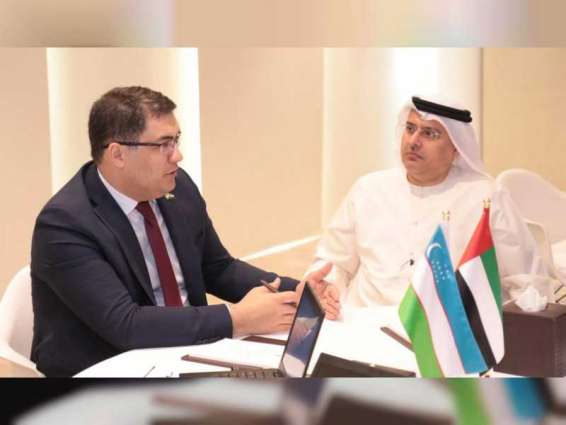DUBAI, (Pakistan Point News - 08th May, 2019) Joint task forces comprising representatives of the governments of the UAE and Uzbekistan held a four-day series of meetings and workshops to discuss 17 areas of cooperation in modernising government work.
The workshops' agenda falls within the framework of an official visit of a high-level Uzbek government delegation to the UAE, aimed at activating a strategic partnership between the two countries through the exchange of knowledge and experience in government work.
The partnership focuses on leveraging development models in government work, the application of best practices in government services and smart services, institutional performance, innovation and excellence, as well as leadership and capacity building.
Under the terms of the agreement, the two countries have formed 17 expert task forces that seek to launch 57 joint initiatives in 2019 to support the implementation of a business model that will help identify solutions to future challenges facing the Uzbekistan government.
During this week’s meetings, the task forces discussed a range of areas, including Government Accelerators, Government Quality, Government Services, a National Strategic Plan, Government Innovation, Future of education and Economics, Programming, Global Competitiveness, Airports, Customs, and Free Zones Management, Future Foresight, Smart Safe Cities, Ease of Doing Business, Leadership Programmes and Capacity-building, and Smart Government Apps.
Within the framework of the National Strategic Plan area, Maryam Al Hammadi, Assistant Director-General for Government Performance at the Prime Minister’s Office, PMO, at the UAE Ministry of Cabinet Affairs and the Future, highlighted the advantages of developing a comprehensive national plan for Uzbekistan that will determine the country’s path to 2030. She emphasised the importance of defining priorities and national KPIs, setting specific national benchmarks, and measuring the progress of the implementation to achieve the goals of the individual projects and programs under the plan.
Al Hammadi addressed several steps to enhance government efficiency. These included launching a government quality award in line with Uzbekistan’s government requirements and promoting a culture of quality among government entities. She also recommended the evaluation criteria that could be used for the first edition of the award.
She also explained the mechanism of measuring the performance of government entities at the national level, outlined the benefits the Government of Uzbekistan will gain from developing an electronic performance management system, and analysed ways to monitor the implementation of government plans and programmes. In this context, she stressed the need for an exchange of knowledge and experience between the two countries.




